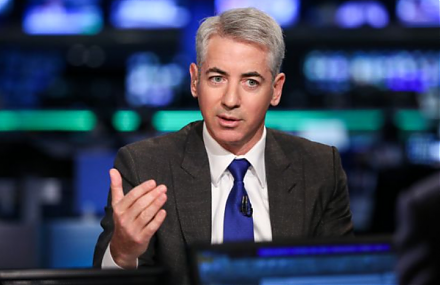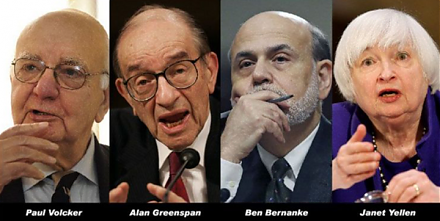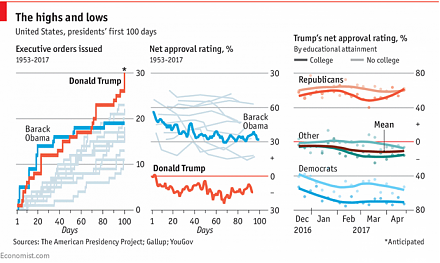

2018-06-14 10:35:00 Thu ET
stock market competition macrofinance stock return s&p 500 financial crisis financial deregulation bank oligarchy systemic risk asset market stabilization asset price fluctuations regulation capital financial stability dodd-frank
The Federal Reserve's current interest rate hike may lead to the next economic recession as credit supply growth ebbs and flows through the business cycle. All of the 35 U.S. large banks such as JPMorgan Chase, Citigroup, Bank of America, and Wells Fargo pass the annual stress test and thus would be able to lend even under the grimmest economic conditions. During the Trump administration, the U.S. Treasury and Federal Reserve may roll back at least some of the Dodd-Frank rules and regulations.
These extreme economic conditions include 10% unemployment, a sharp decline in general house prices, and a severe recession in Europe and elsewhere. Even under these dire conditions, the big banks hold sufficient capital buffers that would exceed the financial-sector equity claims back in the years just before the Global Financial Crisis. The Federal Reserve retains the final veto power to restrict any dividend hikes or share repurchases that the banks may pursue in order to return cash distributions to their shareholders.
It is important for financial intermediaries to substantially increase their core equity capital buffers in order to safeguard against extreme losses that might arise in rare times of financial stress such as the Global Financial Crisis from 2008 to 2009.
If any of our AYA Analytica financial health memos (FHM), blog posts, ebooks, newsletters, and notifications etc, or any other form of online content curation, involves potential copyright concerns, please feel free to contact us at service@ayafintech.network so that we can remove relevant content in response to any such request within a reasonable time frame.
2019-07-27 17:37:00 Saturday ET

Capital gravitates toward key profitable mutual funds until the marginal asset return equilibrates near the core stock market benchmark. As Stanford finance
2018-10-21 14:40:00 Sunday ET

President Trump floats generous 10% tax cuts for the U.S. middle class ahead of the November 2018 mid-term elections. Republican senators, congressmen, and
2019-09-23 12:25:00 Monday ET

Volcker, Greenspan, Bernanke, and Yellen contribute to a Wall Street Journal op-ed on monetary policy independence. These former Federal Reserve chiefs unit
2018-06-05 07:36:00 Tuesday ET

Just Capital issues a new report in support of the stakeholder value proposition in recent times. U.S. corporations that perform best on key priorities such
2017-04-25 06:35:00 Tuesday ET

This nice and clear infographic visualization helps us better decipher the main memes and themes of President Donald Trump's first 100 days in office.
2018-04-26 07:37:00 Thursday ET

Credit supply growth drives business cycle fluctuations and often sows the seeds of their own subsequent destruction. The global financial crisis from 2008